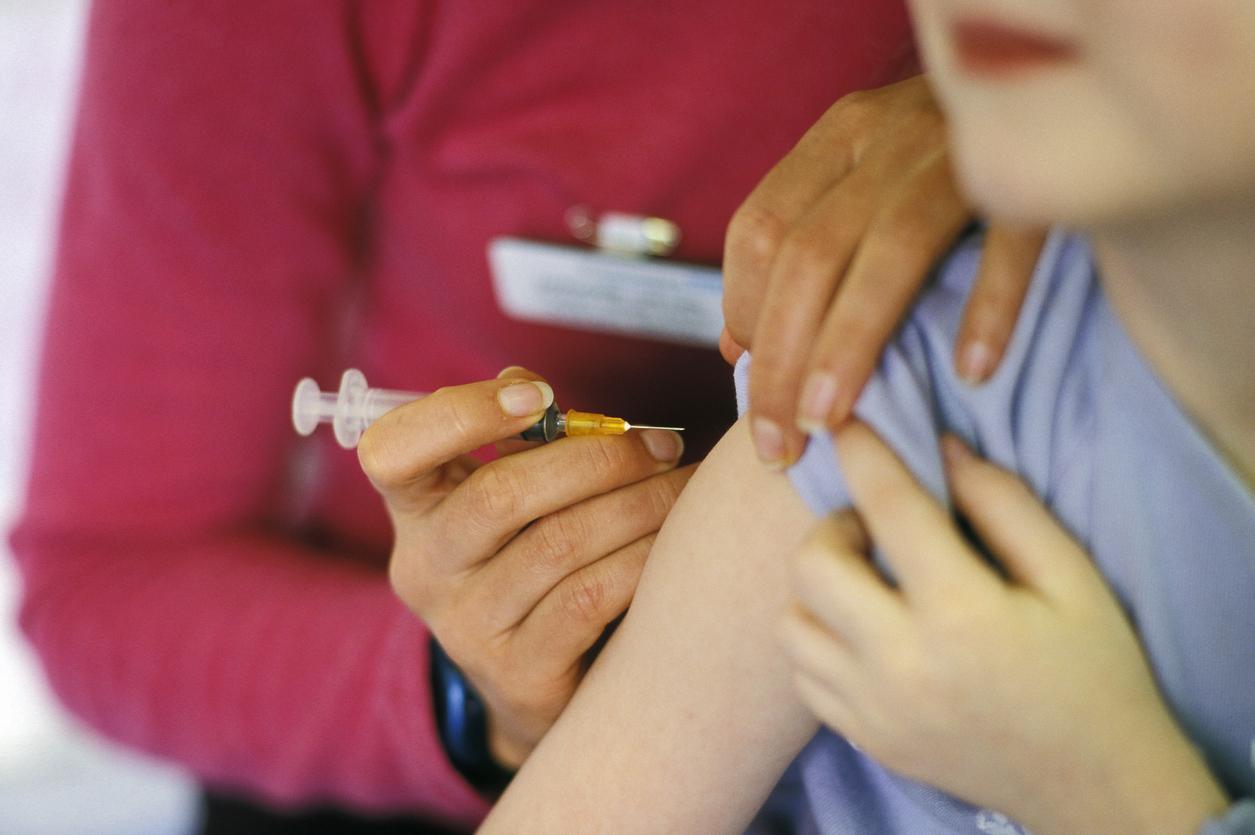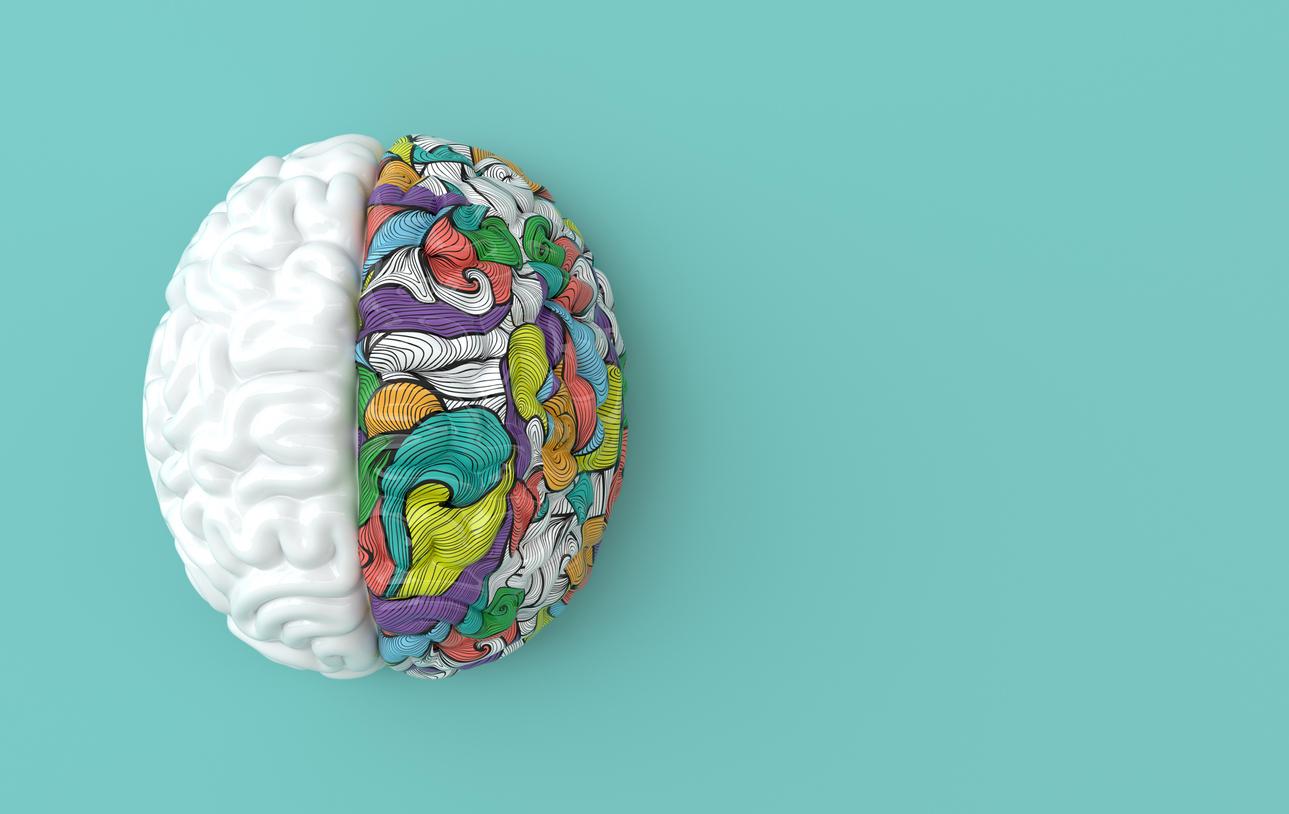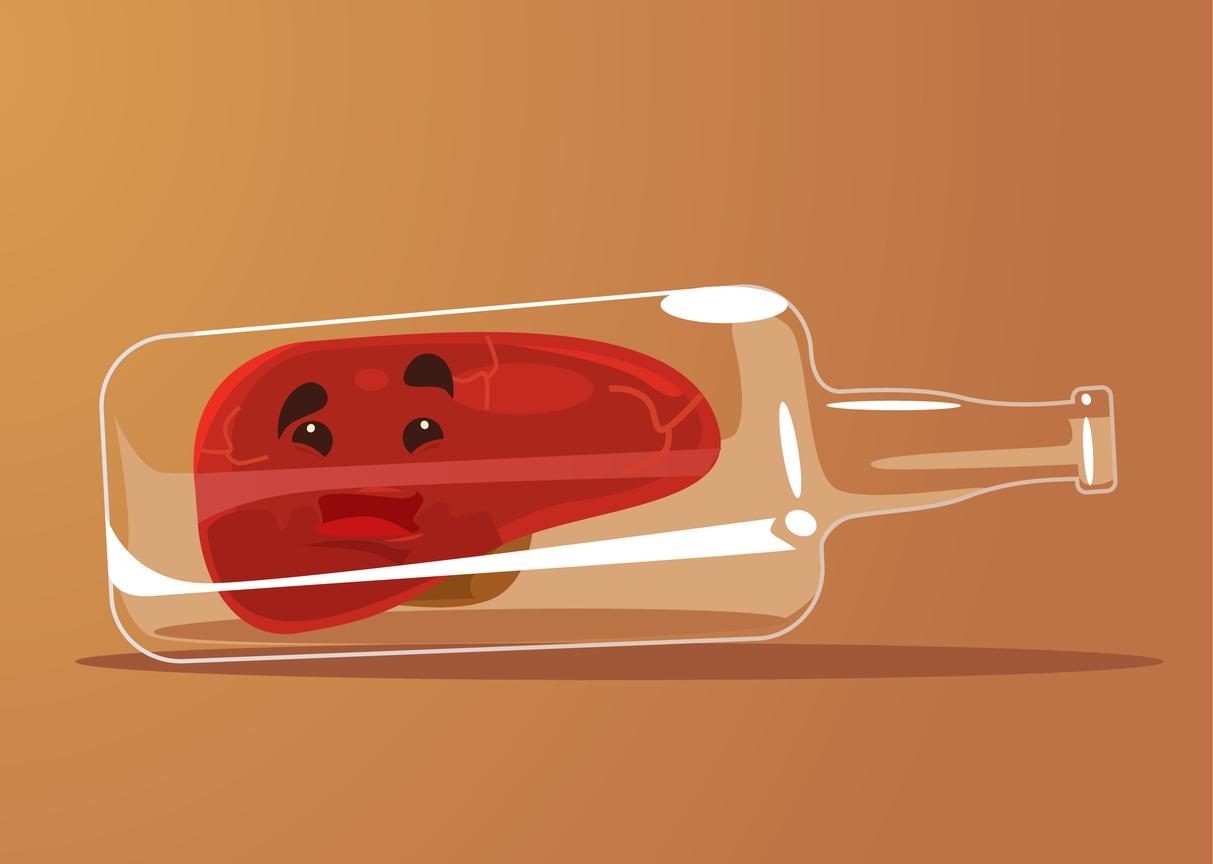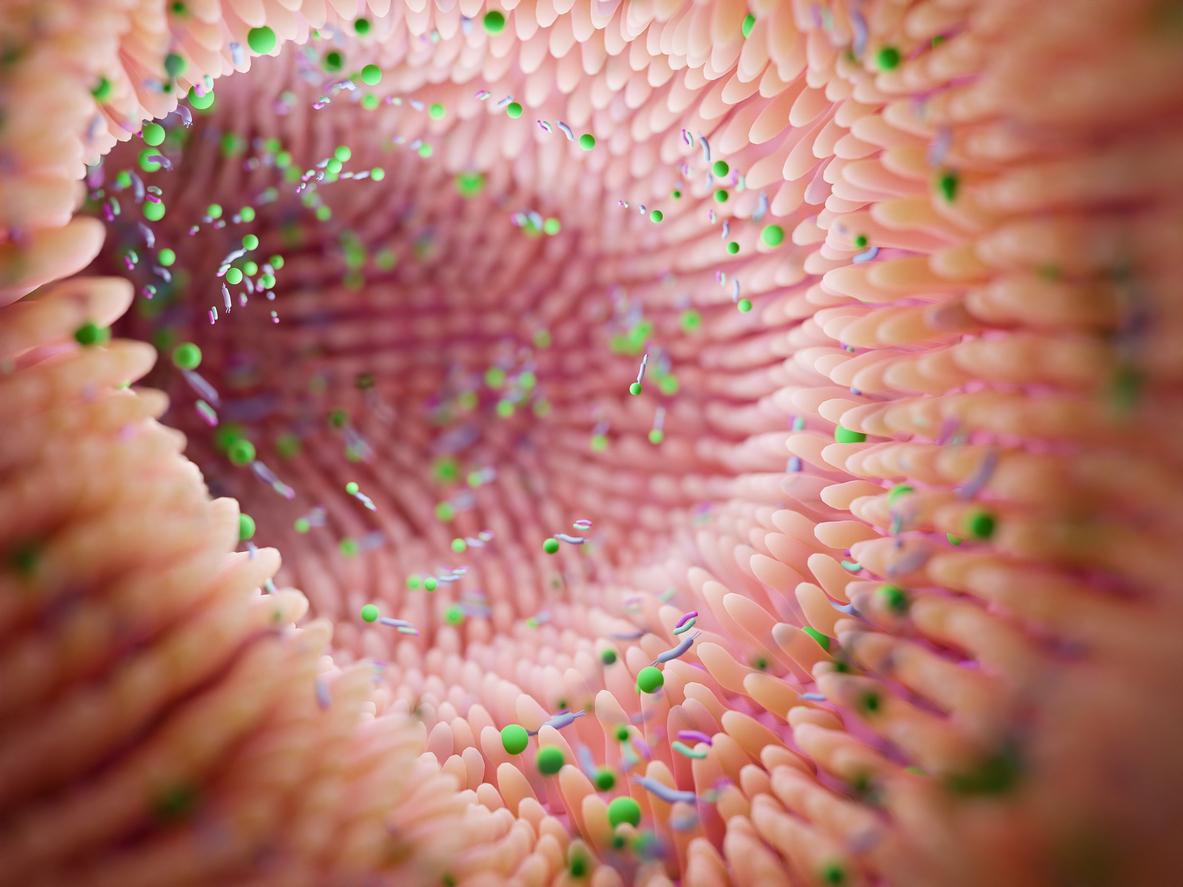Cannabidiol changes the activity of the parasympathetic nervous system and reduces physical signs of anxiety and the desire for alcohol in people with consumption disorders.

- In short -term treatment, cannabidiol seems to modulate the activity of the parasympathetic nervous system, reduce anxiety and the desire for alcohol.
- No undesirable side effects, such as drowsiness or cognitive problems, has been observed during short -term treatment.
- Researchers recommend continuing research to determine if CBD could be effective treatment to help people recover from a disorder related to alcohol consumption.
Cannabidiol (CBD) could be promising as a tool to help adults reduce their problematic alcohol consumption. This is revealed by a new study, the results of which have been published in the journal Alcohol, Clinical and Experimental Research. To achieve this conclusion, researchers from the University of Sydney (Australia) wanted to examine the effects of the CBD compared to placebo on psychophysiological responses, need and anxiety to alcohol signals and appetite, tolerance and safety, including cognitive operation. In order to carry out the work, the team recruited 22 people with disorders related to alcohol consumption. For three days, the participants received 800 mg daily CBDs or a placebo. The desire and mood of volunteers were evaluated periodically using questionnaires, and physiological responses were measured using electrodes on the skin, including when adults were in the presence of alcohol, and sound and visual clues linked to alcohol consumption.
Participants who received CBD are less anxious and less want to drink alcohol
According to the results, cannabidiol has proven to have beneficial effects on anxiety and the desire to drink, compared to placebo, according to several measures. In detail, patients who have received CBD showed high variability in high frequency heart rate, indicating increased parasympathetic nervous system, which helps the body relax during stress and can reduce the feeling of need to drink. They also reported a reduction in anxiety between the start and exposure to alcohol signals, while the placebo group reported an increase in this disorder. During exposure to alcohol signals, the activity of the parasympathetic nervous system decreased somewhat, but after the detection of alcohol signals, the CBD group reported a decrease in the desire for alcohol, then that the placebo group did not do it.
Drowsiness, cognitive problems: no unwanted side effects have been observed
According to the authors, volunteers tolerate CBD well, because no significant side effects have been reported. No significant difference was observed between CBD and placebo groups on cognitive operation measurements, including visual attention, processing speed and basic motor function. The participants did not report significantly higher sedation after the administration of CBD compared to the placebo. “” Large -scale parallel clinical trials with longer -term treatments are now necessary to determine the therapeutic potential of the CBD in the management of disorders linked to alcohol consumption », Can we read in the conclusions.


















